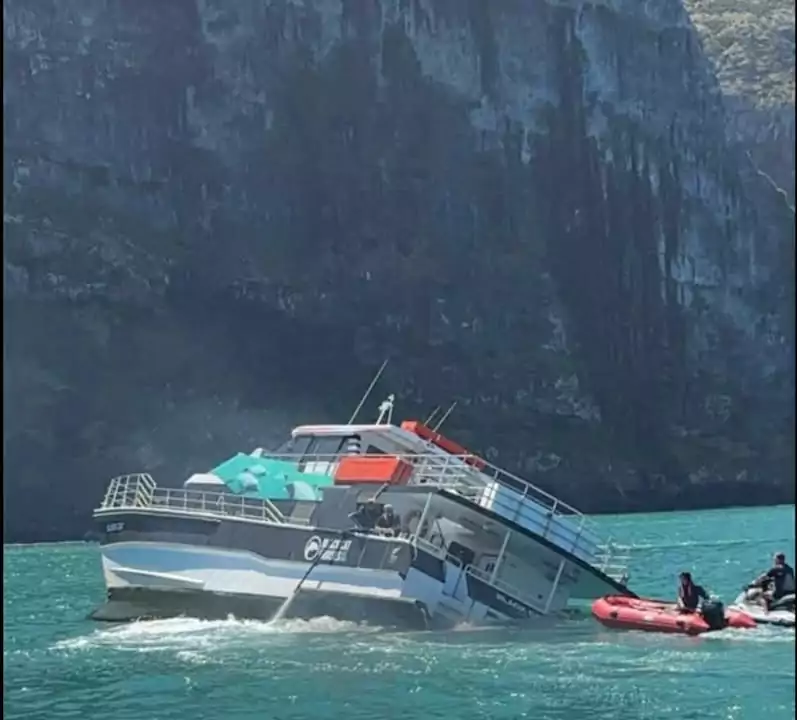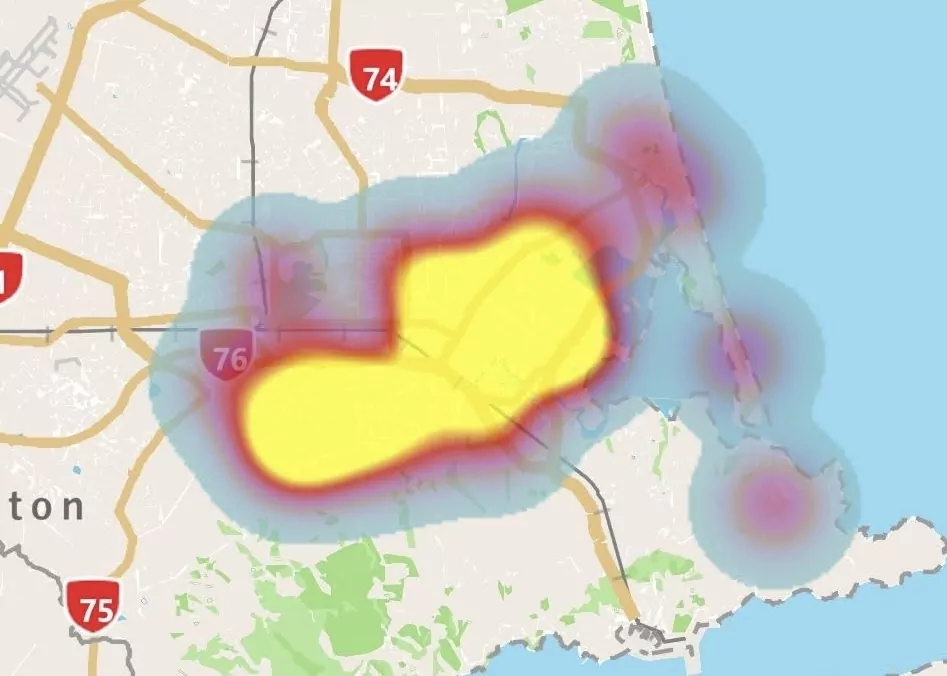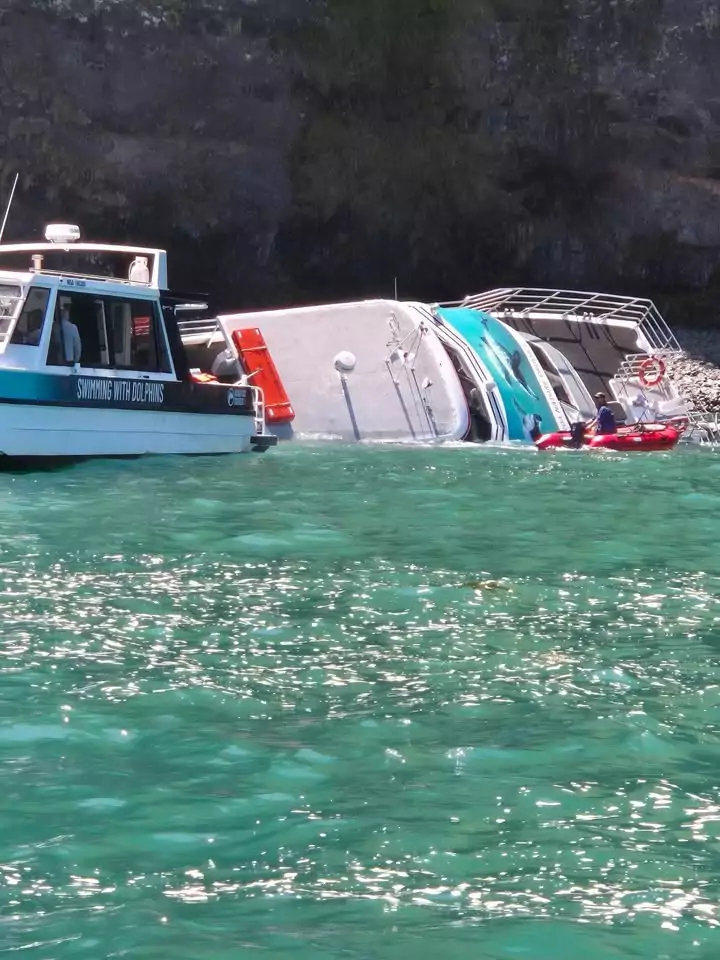Escaped youth tracked by Eagle helicopter, found hiding in New Brighton
The young person who escaped from a youth justice facility in Rolleston has been located...
Photo: Christchurch City Council
The Christchurch City Council will spot check wheelie bins this week.
Head of Three Waters and Waste Helen Beaumont says the checks will see gold stars put on the recycling bins that have all the right stuff in them.
Where there is confusion on what can and cannot be recycled, information on what materials can be accepted for recycling will be supplied.
Yellow wheelie bins that contain general rubbish in them will not be emptied and a contamination tag will explain what cannot be accepted for recycling.
Helen Beaumont says now, more than ever, we need to people to be vigilant with their recycling.
“We are trying to sell our plastics and paper into crowded market places. Unless the product we are offering is gold-star standard, our overseas buyers won’t even entertain dealing with us.”
“The stark reality is that they can afford to pick and choose who they buy from. Recycling companies around the globe are all knocking on their doors, asking them to take their materials.”
Helen Beaumont says China used to receive much of the world’s recycling but in an attempt to clean up the country’s environment, the Chinese government announced in 2018 that it would no longer allow the importing of 24 different recyclable materials and quality standards for accepted materials would increase dramatically.
Worldwide glut
Helen Beaumont says this has led to a huge knock-on effect around the world. Some new markets have opened up in other Southeast Asian countries but these markets are much smaller in scale. The result is a worldwide glut of recyclable material.
“Consequently the value of recyclable materials has plummeted and some materials are nearly impossible to send anywhere for recycling. The markets for mixed paper and plastics have been particularly hard hit.”
“Traditionally we have sold most of the paper collected through the yellow recycling bins to markets in Asia, but these markets are now seeing an oversupply of product. We have buyers for our mixed paper for the next three months but nothing is guaranteed past this period.”
Helen Beaumont says “fortunately, we still have buyers who are willing to buy the high-grade plastics – those plastics numbered 1, 2 and 5. These plastics can be easily recycled and turned into other useful products, both here and offshore.”
“Our buyers have a very low threshold for contamination – they’re not interested in taking our plastic waste if it is tainted with other material that is costly to remove. That is why we are pushing hard to ensure only the right stuff ends up in the yellow bin.”
“If you crunch the numbers, the cost to send a tonne of waste to landfill is still $80 to $90 per tonne more than the current cost for recycling – including collecting, sorting and shipping for processing. So, even with commodity prices for recyclables as low as they are, it costs significantly less to recycle these plastics than it would cost to dispose of them at landfill.”
“As it currently stands our kerbside rubbish, organics and recycling collection service costs about $40 million a year to run. The money for that service comes from your rates.”
Helen Beaumont says “if we lose access to recycling markets and end up having to send more material to landfill, then the costs of the kerbside collection service will inevitably rise, particularly if the Government proceeds with its proposal to increase the landfill levy.”
“Last year we picked up about 133,000 tonnes of rubbish, garden waste and unwanted materials through our kerbside rubbish and recycling collection service.”
Only about a third of that material ended up in the landfill. The rest was either sorted and recycled through the Materials Recovery Facility in Parkhouse Road (35,000 tonnes) or sent to the organics processing plant in Bromley (53,000 tonnes) where it was turned into compost.


